

The Tirukkural (Tamil: திருக்குறள்), shortly known as the Kural, is a classic Tamil sangam treatise on the art of living. Consisting of 133 chapters with 1330 couplets or kurals, it deals with the everyday virtues of an individual.[1][2] Authored by Valluvar between the first century BCE and 5th century CE, it is considered one of the greatest works ever written on ethics and morality and is praised for its universality and non-denominational nature.[3]
The universality of the work is expressed by the various other names by which the text is given by, such as Tamiḻ maṟai (Tamil veda), Poyyāmoḻi (words that never fail), Vāyurai vāḻttu (truthful utterances), Ulaga pothumaṟai (The universal veda), and Deiva nūl (divine text). The Kural has been praised for its veracity over the millennia by intellects around the globe.[4] This article lists the quotations on the Kural text by various notable individuals over the centuries.
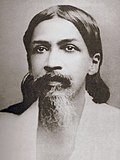

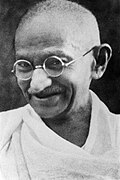

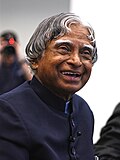
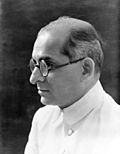
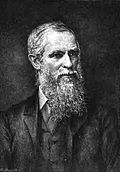


"Sage Valluvar, priest of thy lowly clan,
No tongue repeats, no speech reveals thy name;
Yet, all things changing, dieth not thy fame.
For thou art bard of universal man;
And still thy 'book' above the waters wan,
Virtue, true wealth and joy, and being's aim,
In sweetest mystic couplets doth proclaim,
Where winds sea-wafted palmy forests fan.
Haply undreamed of 'visions' glad thine eyes
In realms beyond thy fabled 'seven-fold birth',
And clouds of darkness from thy spirit roll;
While lands far off have heard with strange surprise
Faint echoes of thy song. Through all the earth
Men hail thee brother, seer of spotless soul."
—George Uglow Pope, 1886[7]



THE HINDU KURAL